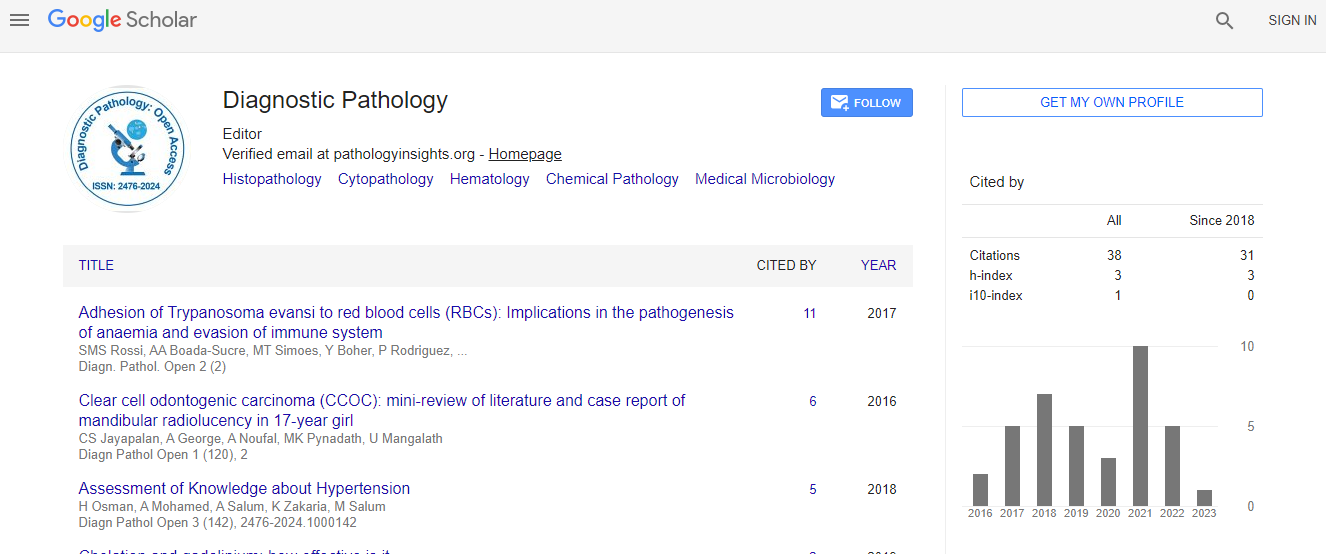Blood Pressure-Lowering Effect of Daily Hydrogen Gas Inhalation in Spontaneously Hypertensive Rats
*Corresponding Author(s): Yoji Hakamata, Department of Basic Science, Nippon Veterinary and Life Science University, School of Veterinary Nursing and Technology, Tokyo, 180-8602, Japan, Email: msano@a8.keio.jp Motoaki Sano, Department of Basic Science, Nippon Veterinary and Life Science University, School of Veterinary Nursing and Technology, Tokyo, 180-8602, Japan, Email: msano@a8.keio.jpReceived Date: May 05, 2021 / Accepted Date: May 19, 2021 / Published Date: May 26, 2021
Citation: Tamura T, Sugai K, Fujisawa M, Ichihara G, Katsumata Y, et al. (2021)Blood Pressure-Lowering Effect of Daily Hydrogen Gas Inhalation in Spontaneously Hypertensive Rats. Diagnos Pathol Open 6: 190.
Copyright: © 2021 Tamura T, et al. This is an open-access article distributed under the terms of the Creative Commons Attribution License, which permits unrestricted use, distribution, and reproduction in any medium, provided the original author and source are credited
Abstract
Objective: Hydrogen (H2) is a unique inert gas that has versatile effects including anti-oxidative and anti- inflammatory properties, in many diseases and conditions. A recent study demonstrated that H2 inhalation attenuates hypertension by ameliorating the dysregulation of the autonomic nervous system in a rat model of chronic kidney disease. The aim of this study was to confirm the blood pressure-lowering effect of H2 inhalation in other models of hypertension which the pathophysiology is the overactivity of the sympathetic nerve in the brain.
Methods: We examined whether H2 has a salutary effect on hypertension in spontaneously hypertensive rats (SHR). We subjected SHR to inhalation of either an H2 (1.3% H2+21% O2+77.7% N2) or control (21% O2+79% N2) gas mixture for 1 h every day for 2 weeks (N=3, each group). Blood pressure and heart rate were measured weekly for a total of 3 weeks: during 2 weeks of H2 inhalation and then for 1 week without H2 inhalation, using the telemetry system in freely moving rats.
Results: In SHR, daytime blood pressure and heart rate increased over the time, but daily 1-h H2 inhalation suppressed these changes (P=0.001, P=0.03, respectively). The effect of lowering blood pressure and heart rate was associated with the suppression of sympathetic overactivity and restoration of parasympathetic underactivity (P=0.02). The therapeutic effect of H2 on the autonomic imbalance was also observed at night, and this effect persisted even 1 week after the discontinuation of H2 inhalation (P=0.006).

 Spanish
Spanish  Chinese
Chinese  Russian
Russian  German
German  French
French  Japanese
Japanese  Portuguese
Portuguese  Hindi
Hindi 
